There are perfectly practical reasons to study philosophy. That’s what I told my teenage daughter when she came to me with mild complaints about her reading assignments of Plato and C.S. Lewis, for a unit on free will and virtue. Far from being a luxury for elites with liberal arts degrees, everyday Americans gain from even the most basic philosophical study a reason behind the freedoms they enjoy. Why are you ever free to do anything potentially harmful or dangerous, at all?
In California, a state famous for protecting the freedom to do hard drugs in public and live beneath overpasses or in public parks, State Senator Scott Wiener has proposed a set of bills aimed at reducing traffic-related deaths. The Speeding and Fatality Emergency Reduction on California Streets package (SAFER) would include mandatory speed governor devices that would halt vehicles from driving 10mph over the speed limit.
What makes studying philosophy so challenging is that the examples of good and evil, right and wrong, are often so dramatic that it feels abstract to the point of being useless. But as I was looking over my child’s work and seeing this news about California car regulations, I recognized this as an approachable example of why choice matters in a free society.
In an interview with the Los Angeles Times, Wiener reasoned his bill by saying, “There’s no reason why people should routinely be allowed to drive more than ten miles per hour above the speed limit.”
Wiener just wants what is best for the community as a whole, and the European Union agrees. The EU already passed legislation requiring speed governor devices across all member countries starting this July. Tough luck for James Bond next time the bad guys are getting away.
If passed into law, California would see built-in speed governors starting in 2027. The devices would utilize GPS and exterior cameras to assess the speed limits in whatever area you’re in, adjusting the max speed of the car or truck accordingly.
Senator Scott Wiener’s comments about what Californians should be able to do are important and philosophical in their own right. He goes on to say to the LA Times, “You can want whatever you want. But that doesn’t mean you’re allowed to do it.”
That’s true. You can drive and ride inside a vehicle without a seatbelt if you choose, but it is prohibited by law. If you’re caught, you will be ticketed and fined. New York was the first state to cross this Rubicon in 1984 when it mandated the use of seatbelts in cars. California banned drinking and driving before cars were even common on American streets in the early twentieth century.
There are hilarious videos from 1980s news coverage showing citizens’ reactions to new seatbelt laws, as well as ones against drinking behind the wheel.
“It’s kinda gettin’ communist when a fella can’t put in a hard day’s work — and then get in you’re truck and at least drink one or two beers,” says one disgruntled man. He’s followed up by a young mom with an infant in the front passenger seat, noting the same thing about these laws and their straight-line to communist dictatorship.
Scott Weiner’s gentle authoritarian comment to the LA Times about how “you can do whatever you want” is capped off by a strange caveat of, “that doesn’t mean you should be physically able to do it.”
So you’re free to choose, but not only are there laws that penalize making the wrong choice, but by the way, you also don’t actually have a choice in the first place. You’ll be made to do the right thing, or nothing at all.
This is not the next iteration of stubborn Americans moaning about wearing seatbelts or their supposed right to chug beers behind the wheel. If it were, we’d already have cars that don’t shift into gear without seatbelts being buckled, and we would already have cars that breathalyze the driver before every use for the key to turn in the ignition. That last idea is already being worked on by the Biden administration.
No, law-abiding citizens still have the physical ability to make wrong choices. Recipients of DUIs may end up with a court-ordered breathalyzer in their car, just as a person on house arrest may get an ankle bracelet. The attitude of Senator Wiener suggests he’d favor alcohol detection technology for everyone, drinkers and the sober alike. We’ve already seen multiple US states including Hawaii, look at using ankle monitors on their population during the first months of Covid-19 to keep them at home.
The slippery slope argument doesn’t always age well. Some of the same people who felt so strongly about laws against drinking and driving may well have been the same people who in 2016 booed Libertarian presidential candidate Gary Johnson for being OK with state-issued driver’s licenses.
But at the same time, what those goofy folks in the 1980s were pointing out in their own words was that one mechanism of control always leads to another. If the ultimate goal of a society is to maximize safety and prevent anyone from ever dying senselessly, not even the speed governor devices will achieve that end. Human drivers will have to be done away with entirely if that is indeed the goal.
Alternatively, if a society is structured around a core principle such as freedom of movement or self-determination, you’ll be less inclined to restrict people’s ability to choose to speed up on the road when they deem it necessary. Put nicely by Todd Spencer, president of the Owner-Operator Independent Drivers Association, “There are times drivers may want to speed up enough to switch lanes, to move away from certain unsafe situations. Our preference is for drivers to have the maximum ability to do that. We don’t think technology or even most well-intentioned regulations should obstruct that.”
Anyone who has driven a car knows that there are times for speeding up. If not, you might be part of the greater problem, which is drivers who go too slow. It’s long been understood that slow drivers create hazards just as much or more than those speeding. Will California and the EU force people to drive faster than they would normally choose if they are uncomfortable moving at or near the speed limit?
It’s an absurd idea. But if your guiding light is reduced car crashes, not individual empowerment and responsibility, you’ll eventually have to consider it.
Over 4,400 Californians died in car crashes in 2022, a sharp increase since 2019, which Senator Wiener names as the justification for his SAFER legislation. What the senator doesn’t mention is that the surge returns California to its pre-pandemic levels of automobile crashes, which analysts have pointed out means that people have simply returned to their lives, work and obligations that don’t involve complying with mandatory stay-at-home orders.
It’s crude to say, but for California, the truth is that the increase in traffic deaths is an indicator of a rebounding economy. It’s equally crude then to suggest that more government control must be asserted over the population, simply because things returned to the statistical normal. It’s like taking away your child’s PlayStation after a week of the internet being out because their screen time increased by 75 percent when service was restored.
And yet, Weiner is shrewdly using this opportunity to expand government power in the state of California.
Freedom is tricky. Our ability as citizens to break the law means that countless individuals will do just that. Some will speed 25mph over the limit just to get to the grocery store for milk and then knowingly run a few stop signs on the way home — because they can. For the society, enforcement of the law is how we make known which free choices will not be tolerated. The choices are how we distinguish “good” citizens from “bad” ones. My daughter will learn this in her C.S. Lewis’s writings on free will and later may revisit them through Immanuel Kant, that your freedom to do wrong things is evidence that right exists.
If Senator Scott Weiner’s thinking on driving were taken to its fullest extent, there would be no good or bad citizens of California, just subjects who do as they are told, because what else could they do?



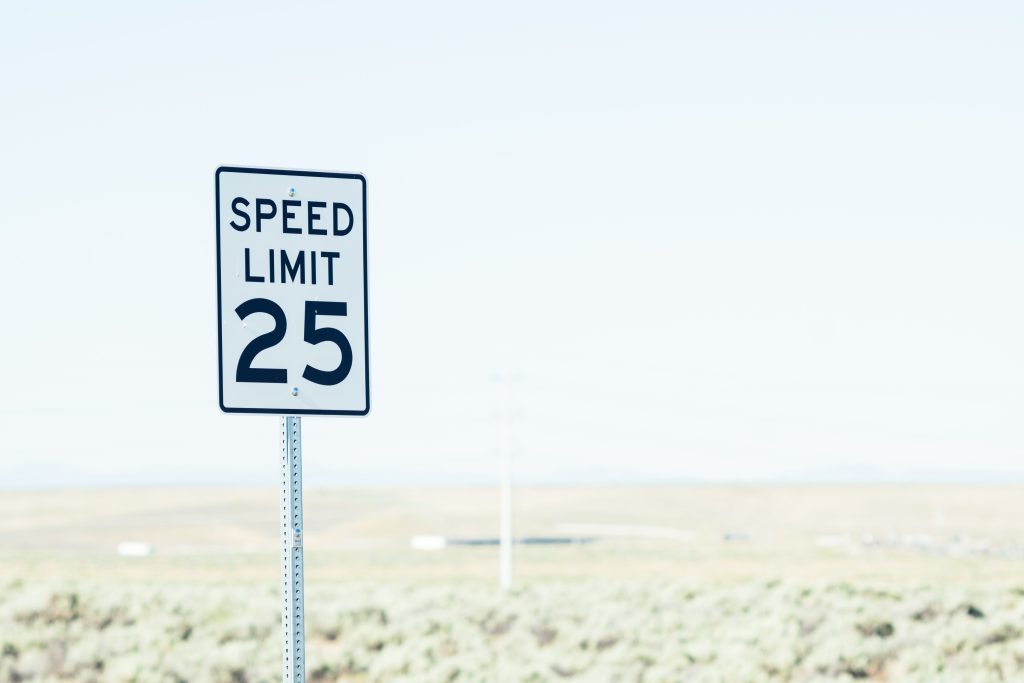






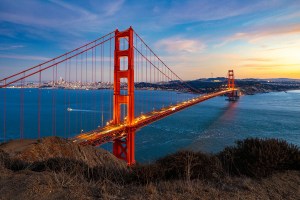
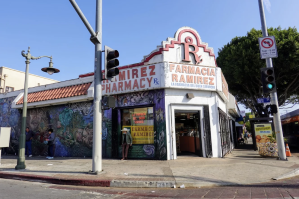
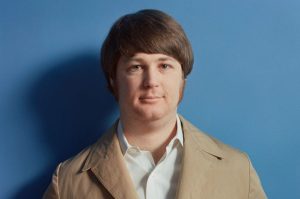

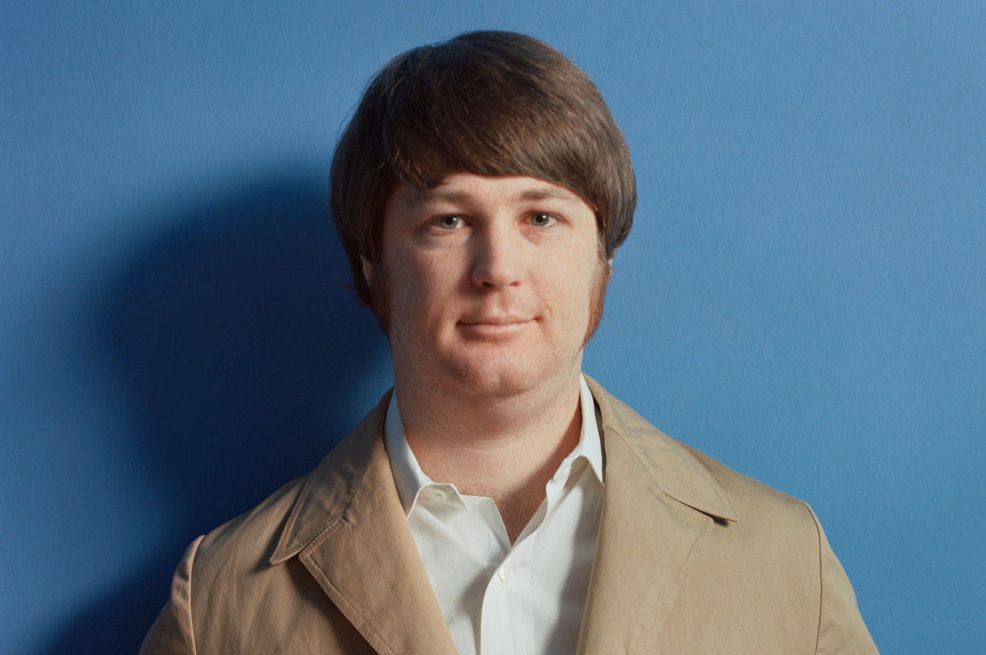

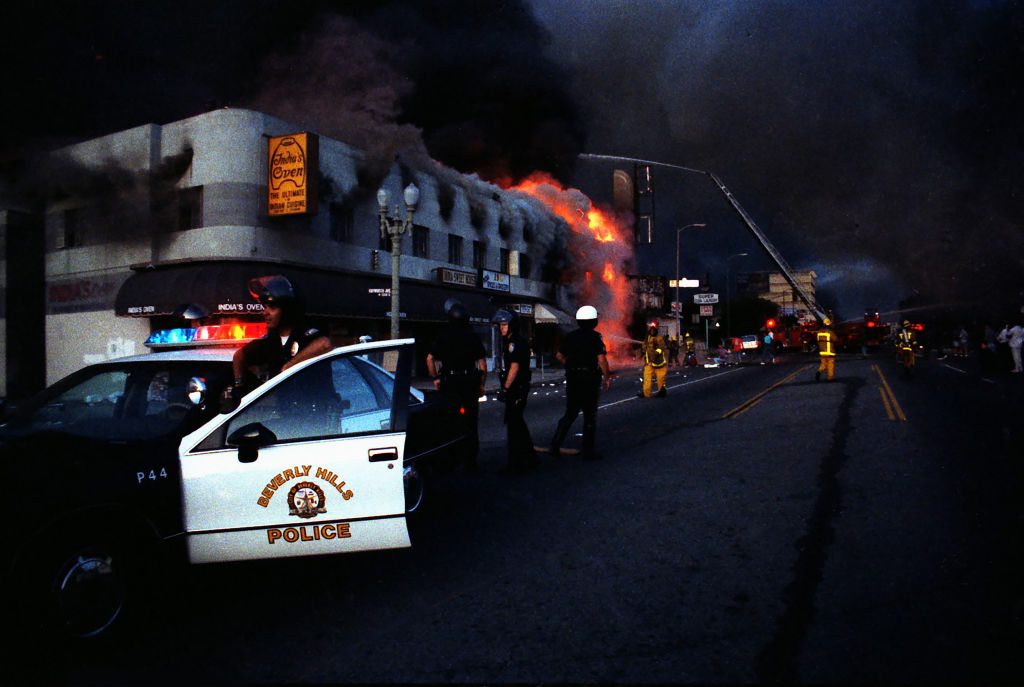
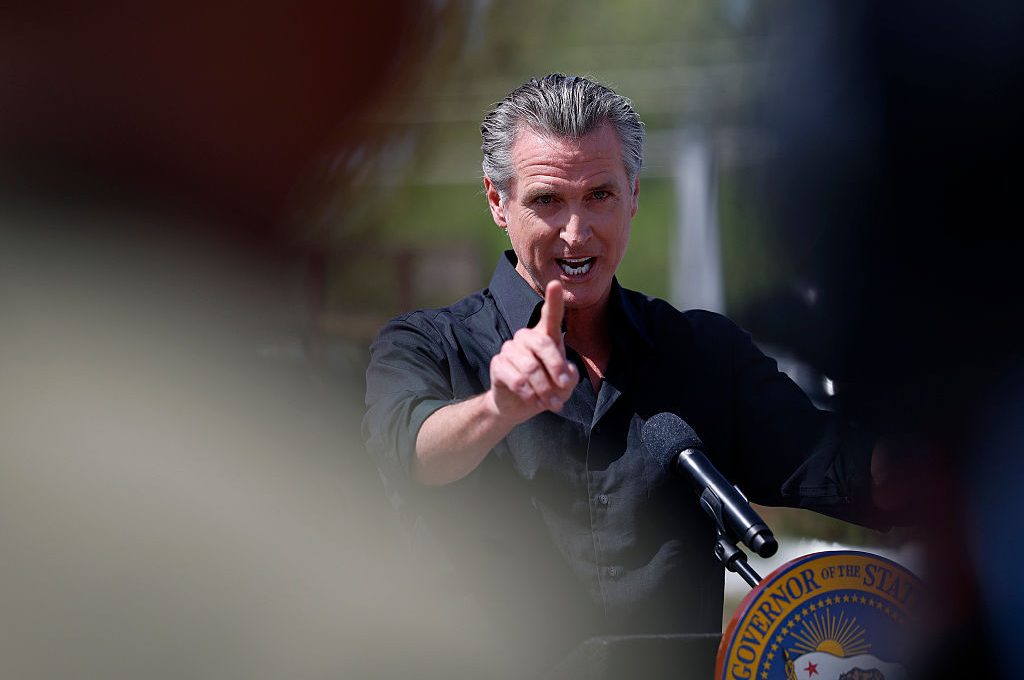
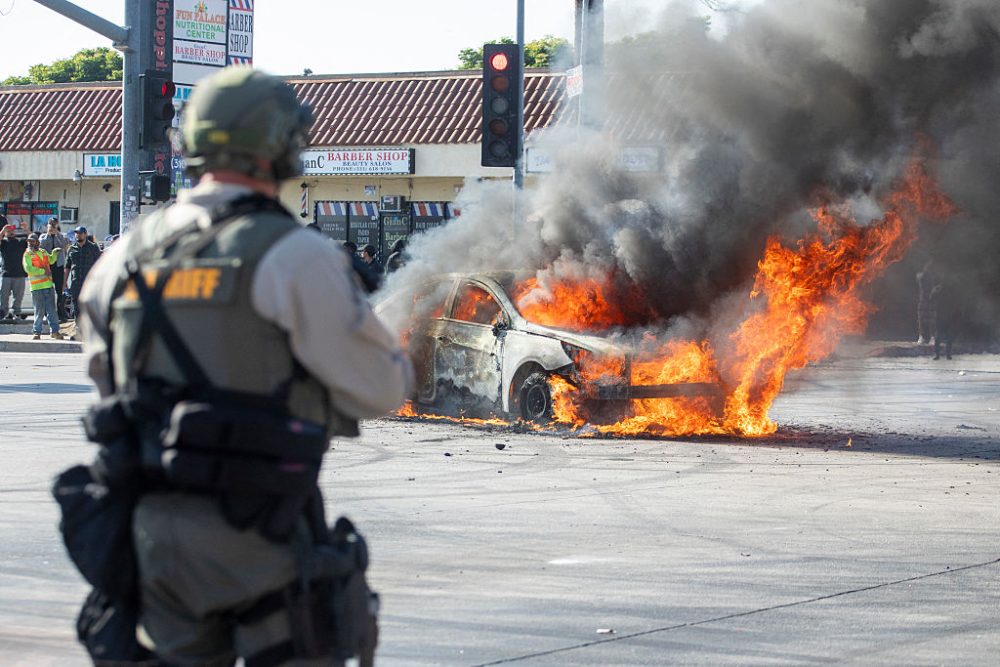







Leave a Reply